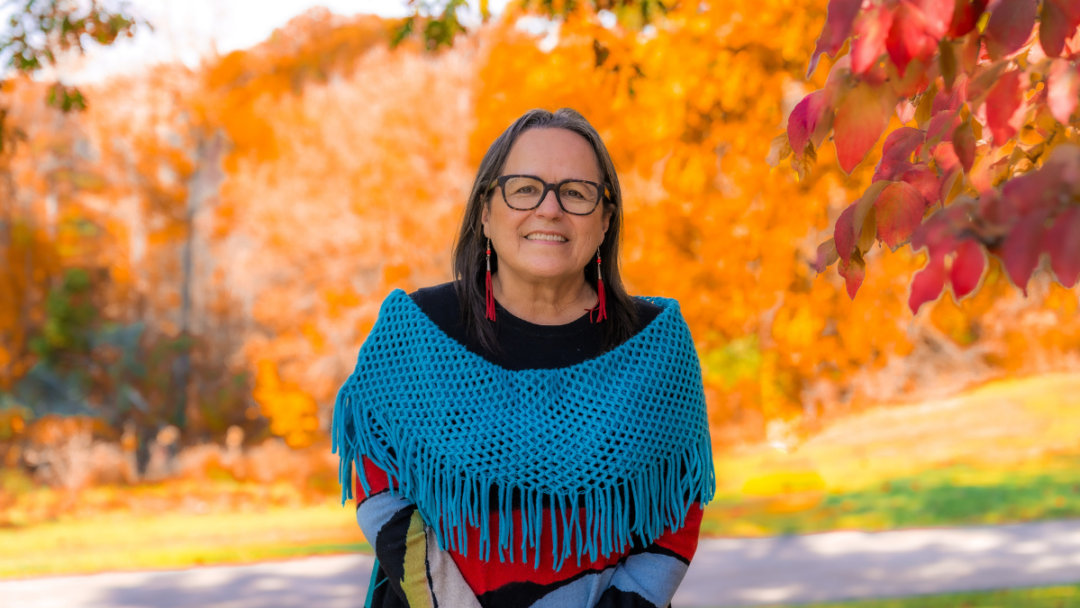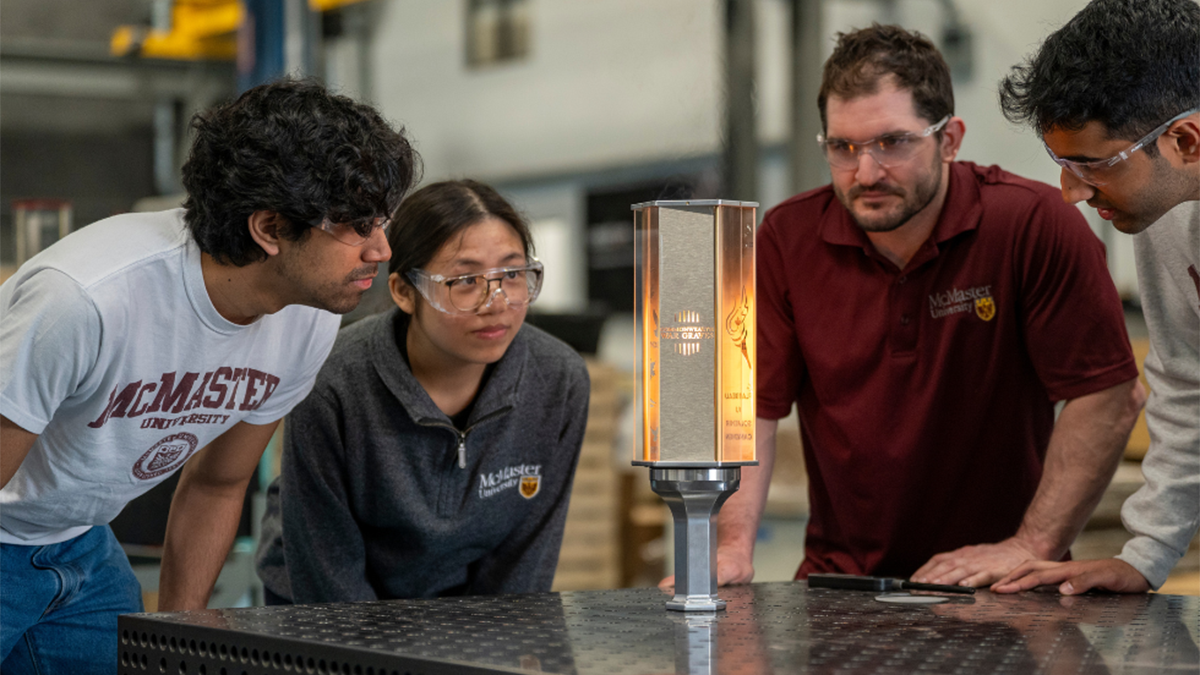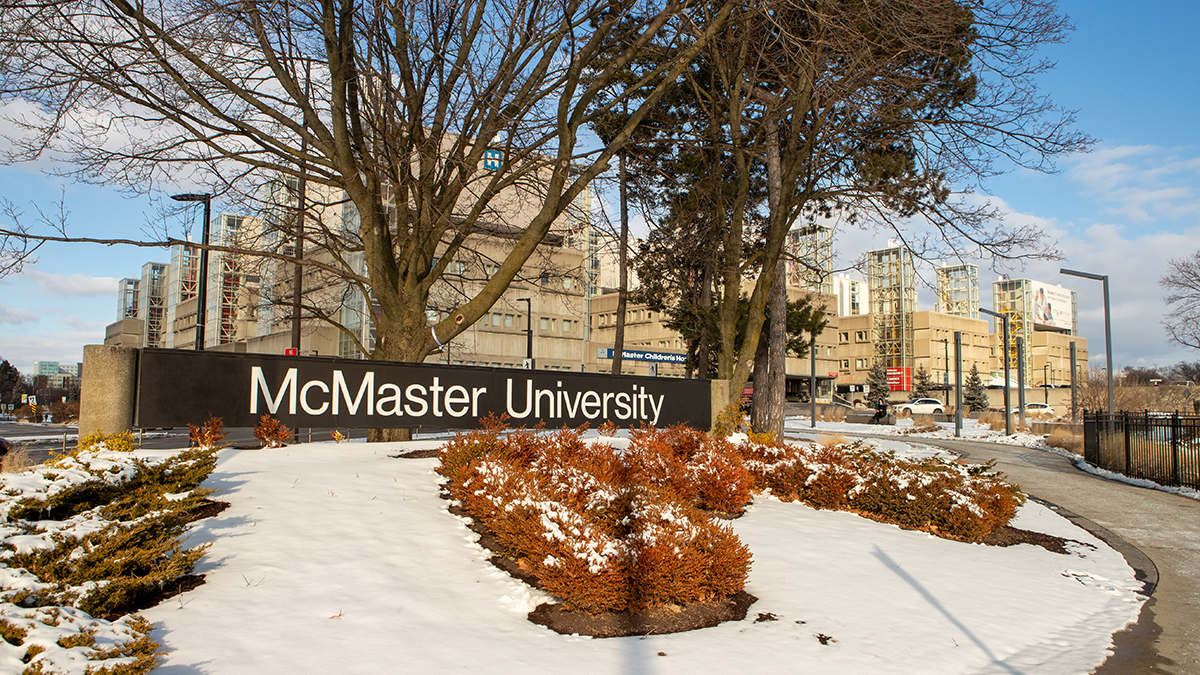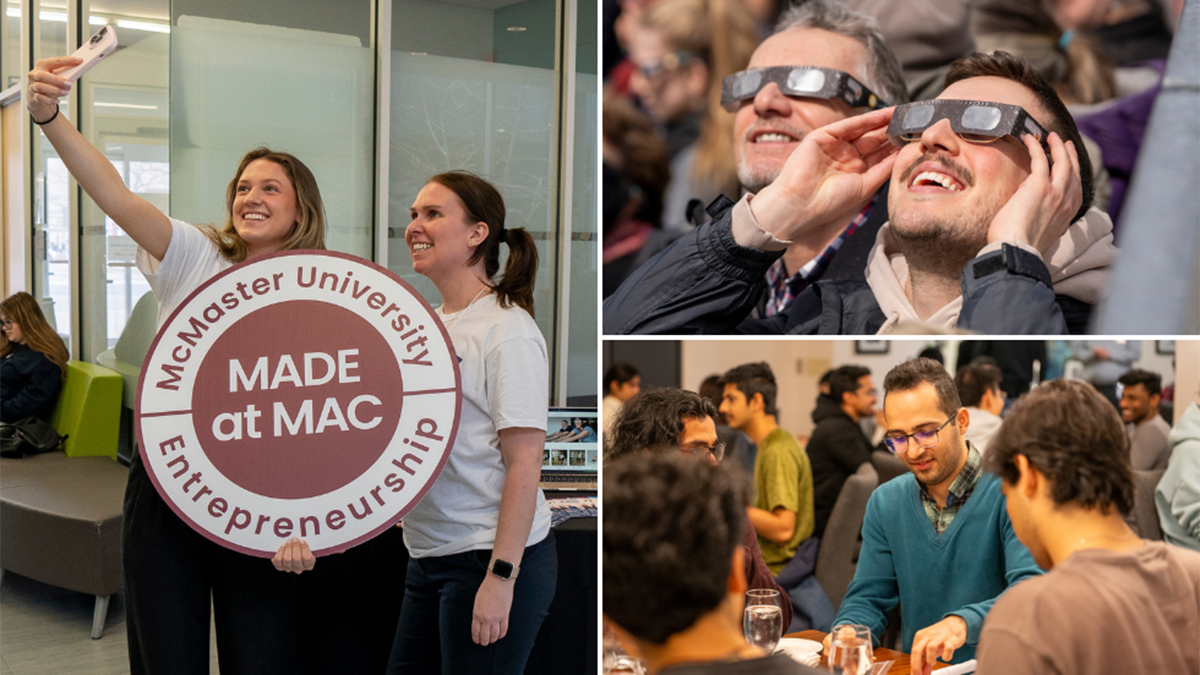‘Reconciliation is a process, not an event’: A message from Bernice Downey, associate dean, Indigenous Health

“We have not only opened people’s eyes, but we have turned people’s heads. The ones who would look away now can no longer look away.” – Justice Murray Sinclair
Aanii, Boozhoo, Greetings!
This post-National Day for Truth and Reconciliation message follows a day of reflection for me. On the day set aside to nationally acknowledge truth and reconciliation and the intergenerational impact of Indian Residential Schools in this country, I found myself reflecting about my mother. I sat with her on Monday in her current residence, which is a long-term care facility. I am grateful for those who have contributed to her day-to-day care over the years. Staff and managers during the COVID-19 lockdown went above and beyond to facilitate family connections and keep all residents safe. During our visit, I noticed many staff wearing orange shirts, and this instilled a feeling of hopefulness in me. I reflected that I am no longer wary to tell staff about her heritage; but there was a time when this was the sad truth.
My mother can no longer converse with me other than a few occasional words, although I think she has retained more of her ability to understand me than I realize. I sat beside her holding her hand, sharing some of the day with her. I brought her an orange shirt and I listened to music with her – a pastime that she has always treasured. I found myself wondering what she would think of this National Day for Truth and Reconciliation. Would she agree with it? Would she be any further along in her own healing because of it? I’m not sure. I could only think about how her choice to raise her children in an urban environment meant that we enjoyed access to health care and education, which is only a distant dream for many of our people (including members of our family).
She also chose to protect us from discrimination and racism by not teaching us her language, which sadly left us bereft of a rich connection to our culture. I reflected on her choices as a means of survival in a dominant and often oppressive culture. Choices that resulted in many benefits for her children, including my own opportunities for education and health care. I am forever a grateful daughter.
The fall season is among us, and it is a time of harvest, when we acknowledge what we are to reap from our growing season. We engage in harvest and moon ceremonies to honour mother earth and each other as we are all invested in taking care of each other. We are grateful for the food that will nourish us in the winter season. We take stock; gathering what we have grown, sharing what we have and saving seeds to plant in the spring.
In my role as associate dean, Indigenous Health, I am mindful that within the Faculty of Health Sciences (FHS), we are also in harvest mode. Namely, to assess our progress in our shared goal of reconciliation and our intention to respond to the Truth and Reconciliation Commission’s (TRC) Calls to Action. Next year will be the 10th anniversary of the release of the TRC’s Final Report. How will we measure up with our efforts to respond?
We have planted the seeds of transformation; fostered relationships between Indigenous and non-Indigenous people both on and off campus; educated many regarding Indigenous health and education and Indigenous ways of knowing; supported Indigenous learners and implemented a measure of structural change in the creation of the Indigenous Health Learning Lodge. I am grateful to all our allies who contributed to the work, and we can all be proud of this harvest. However, in keeping with this analogy of seasonal cycles, we now need to turn our heads to the next cycle of decolonization, anti-racism/anti-oppression and Indigenization reform in the Faculty of Health Sciences and beyond. This requires a deeper dive into policy and structural reform with active participation and advocacy of our leaders.
Recently, the Indigenous Health Learning Lodge co-hosted an Indigenous Health Education Symposium with Paul O’Byrne, dean and vice-president, FHS, and Barry Lumb, vice-dean, Clinical Services, FHS. The primary target group was senior leaders from health regulatory bodies, health professional associations and health-care institutions who are in positions of influence and power to lead the change needed to address ongoing system barriers in both education and clinical practice for both Indigenous and non-Indigenous educators and practitioners.
Participants engaged in thoughtful reflection and dialogue to identify strategic actions to move us collectively forward in both education and clinical realms. We heard stories from leaders and Indigenous practitioners who are seeking to work collaboratively with Indigenous Traditional practitioners. We heard from individuals who shared their lived experience. We heard from Elders who reminded us of our values and shared responsibilities. These stories and experiences can guide us in the next level of system change.
Reconciliation is a process not an event. In our culture, we think about the next seven generations to come. We need to continue to prepare for these generations. Together in the Faculty of Health Sciences, we have identified short-, medium- and long-term priorities to move our Indigenous Health Initiative forward. In our future seasonal cycles, we need to ‘stay the course’ and continue to work together to surpass the challenges we are all experiencing. It is time for senior administration, department chairs, middle managers and staff to take stock. The following are a few questions to consider for this process:
- What are the enablers you and your teams have established to advance reconciliation?
- Have you and your staff completed Indigenous cultural safety training?
- Have you established a committee or working group to develop a plan that is guided by the FHS Indigenous Health Initiative and the TRC’s Calls to Action?
- If an Equity, Diversity and Inclusion focus has been established and you have included Indigenous reconciliation under this umbrella, how will you ensure that Indigenous people’s unique perspectives and needs will be addressed?
- Have you created a welcoming environment for Indigenous learners, staff and faculty? Do you know who the Indigenous learners are in your program? If not, what are the barriers that may still exist that prevents this awareness?
- Have you assessed the educational needs of non-Indigenous faculty to prepare them to teach Indigenous health curriculum?
- Have you identified how your researchers/faculty will engage with Indigenous communities to relieve burden on community members/Elders?
- Have you considered how you can attract and recruit Indigenous faculty to your program, school or department? Is this visible on your website?
- Have you considered how you will address the resource needs associated with this reconciliation focused system change effort? We can’t continue to harvest without resources. We need our allies and innovative, focused advancement efforts to support our progress.
- Finally, how will you as an individual continue to participate as an ally leader and inspire others?
Congratulations to all for your efforts to date! Let us continue to remember and honour our residential school survivors and their families and build the tide of orange shirts on September 30. Let’s also be mindful of our collaborative commitment within the Faculty to co-create transformative change and continue to prepare for the seasons and the faces that are coming.
Community & Culture, Indigenous Health“The past cannot be changed, but the future is in our hands to shape.” – Chief Wilton Littlechild, Truth and Reconciliation Commissioner
Related News
News Listing

3 days ago

Faculty of Health Sciences 2024: Stories that resonated
Community & Culture, Feature
December 9, 2024

